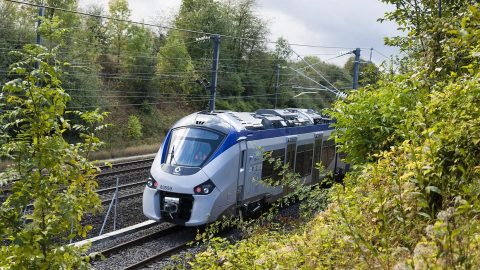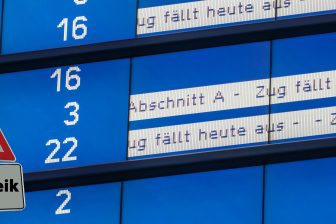
Alstom sells divisions to CAF to meet conditions for Bombardier merger
Source: Alstom
Alstom announced that it has agreed to divest its Coradia Polyvalent platform, its Reichshoffen production site in France and its TALENT3 platform, currently developed in Hennigsdorf, Germany to the Spanish company CAF. This was one of the conditions from the European Commission of the clearance for the Alstom/Bombardier transaction.
Want to read more?
You have read all of your free premium articles for this month. Please become a subscriber to keep reading.
Subscribe now!
Take advantage of our exclusive offer to get full access to all premium content.



